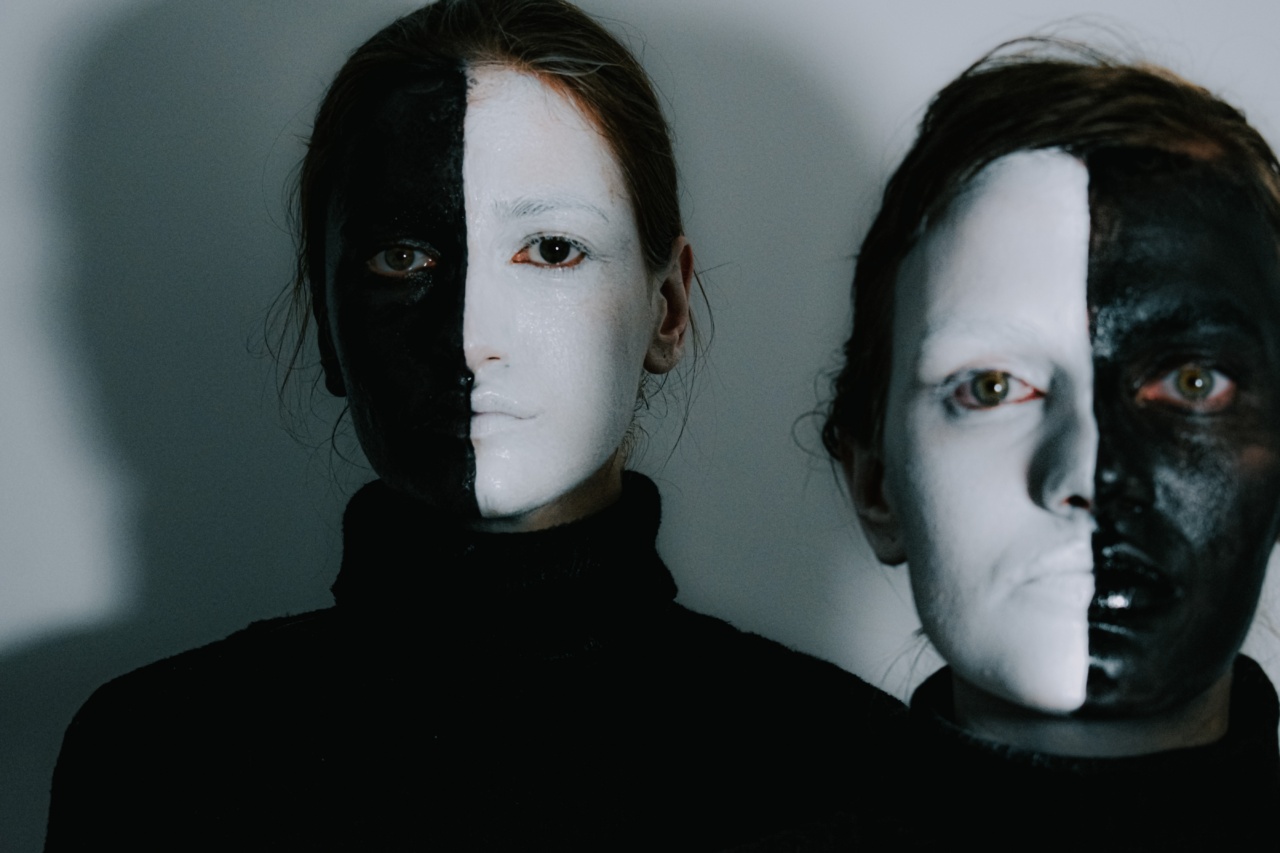Depression is a mental health disorder that is often misunderstood.
Many people experience feelings of sadness or lack of motivation from time to time, but depression is a serious medical condition that can have a profound impact on a person’s life.
If you or someone you know is struggling with depression, it’s important to recognize when the condition has become serious and requires professional help. Here are 10 signs that depression has become serious:.
1. Persistent sadness or hopelessness
A hallmark of depression is persistent feelings of sadness, hopelessness, or emptiness. If you find that you are experiencing these feelings for long periods of time, it may be a sign that your depression has become serious.
2. Loss of interest in activities that you used to enjoy
Depression can cause you to lose interest in activities that you once found enjoyable, such as hobbies, sports, or spending time with friends and family.
If you find that you no longer enjoy these activities, it may be a sign that your depression has progressed.
3. Difficulties with concentration or memory
Depression can cause problems with concentration and memory, making it difficult to focus on tasks or remember important information.
If you find that you are having these issues, it may be a sign that your depression is impacting your cognitive functioning.
4. Changes in appetite or sleep patterns
Depression can cause changes in your appetite and sleep patterns, leading to overeating or not eating enough, as well as sleeping too much or too little.
If you are experiencing these changes, it may be a sign that your depression is becoming more serious.
5. Feeling fatigued or lacking energy
Depression can cause feelings of fatigue or low energy, even if you are getting enough sleep. If you find that you are struggling to complete daily tasks or are constantly exhausted, it may be a sign that your depression has progressed.
6. Thoughts of self-harm or suicide
If you are experiencing thoughts of self-harm or suicide, it’s important to seek professional help immediately. These thoughts are a sign that your depression has become very serious and require immediate attention.
7. Neglecting responsibilities or personal hygiene
Depression can cause you to neglect responsibilities, such as work or school, as well as personal hygiene. If you find that you are struggling to maintain these responsibilities, it may be a sign that your depression has become more serious.
8. Using drugs or alcohol to cope
Using drugs or alcohol to cope with depression is a serious sign that the condition has progressed. It’s important to seek professional help if you are using substances to manage your symptoms.
9. Difficulty in maintaining relationships
Depression can cause difficulties in maintaining relationships, whether it’s with friends, family members, or significant others.
If you find that your depression is impacting your ability to maintain healthy relationships, it may be a sign that your depression has become more serious.
10. Persistent physical symptoms
Depression can cause physical symptoms, such as headaches, back pain, or stomach problems.
If you are experiencing persistent physical symptoms that are not responding to treatment or medical intervention, it may be a sign that your depression has progressed.
Conclusion
Depression is a serious medical condition that requires professional help. If you or someone you know is struggling with depression, it’s important to recognize the signs that the condition has become serious and requires immediate attention.
By seeking help, you can take steps towards managing your symptoms and improving your quality of life.






























